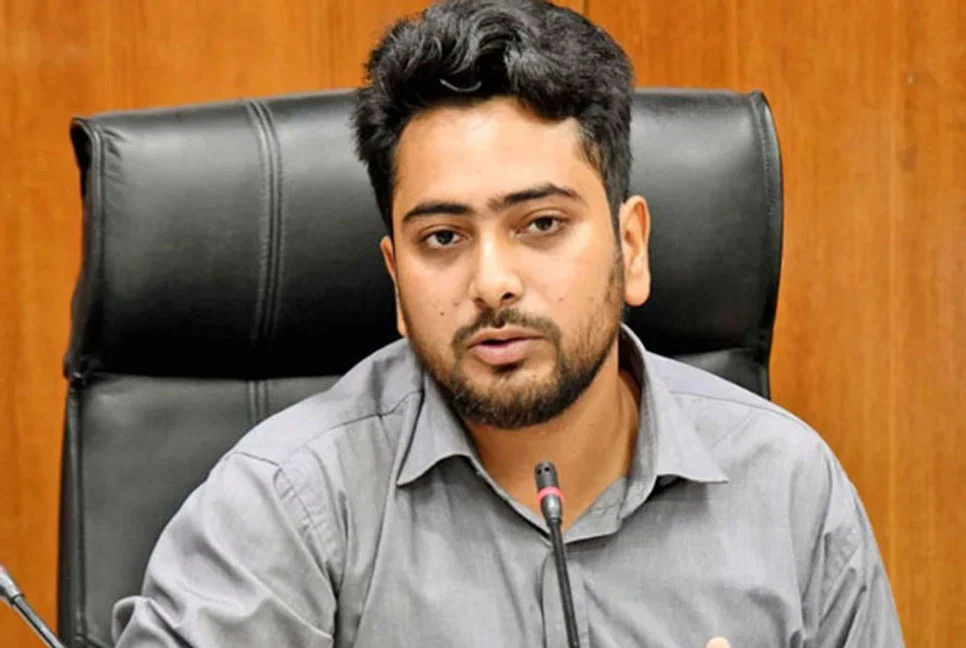

Posts, Telecommunications and Information Technology Adviser Md Nahid Islam today directed the telecom regulator to provide free diesel for the generators to keep the mobile network tower operational in Feni district.
"In the absence of electricity, a good quantity of diesel is required to keep the 78 mobile network towers in Feni district operational. So, Bangladesh Telecommunication Regulatory Commission (BTRC) has been instructed to provide free diesel to the generators deployed in the district by mobile operators to keep the network towers operational," he said.
In this context of flood situation, it is very important to ensure uninterrupted mobile phone communication for the people of affected areas, he added, according to a press release of the ministry.
The release said portable generator (PG) (75 KV) consumes 2.3 liters of diesel per hour, while generator (DG) (30 KV) consumes 4.4 liters of diesel per hour.
So, in total 6,552 liters of diesel is used daily in the 78 generators which is worth Taka 7,14,168, while 45,864 liters in 7 days requiring Taka 49,99,176.
The release said that this amount of money is being paid from the fund of BTRC under the directive of Posts, Telecommunications and Information Technology Adviser.
